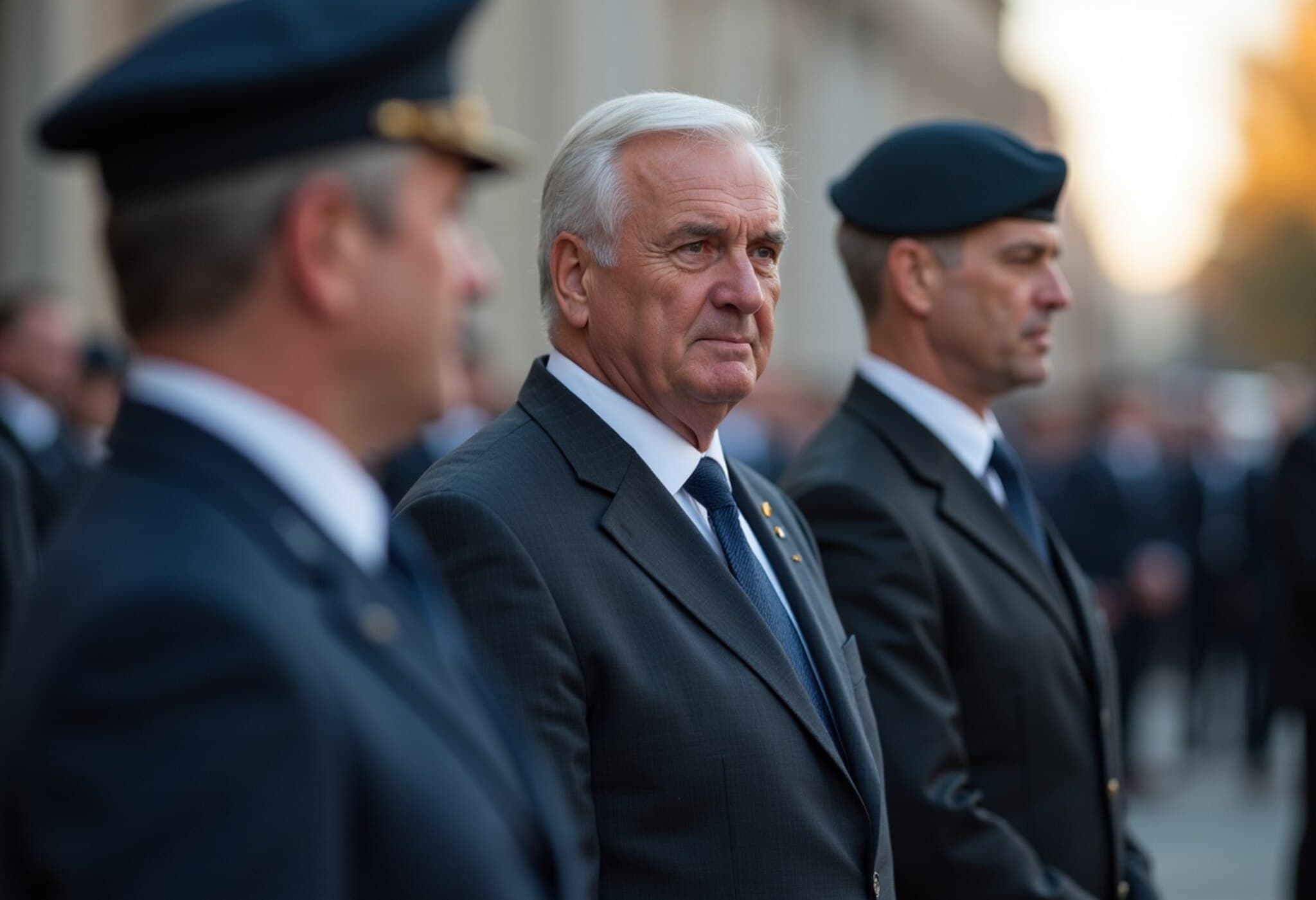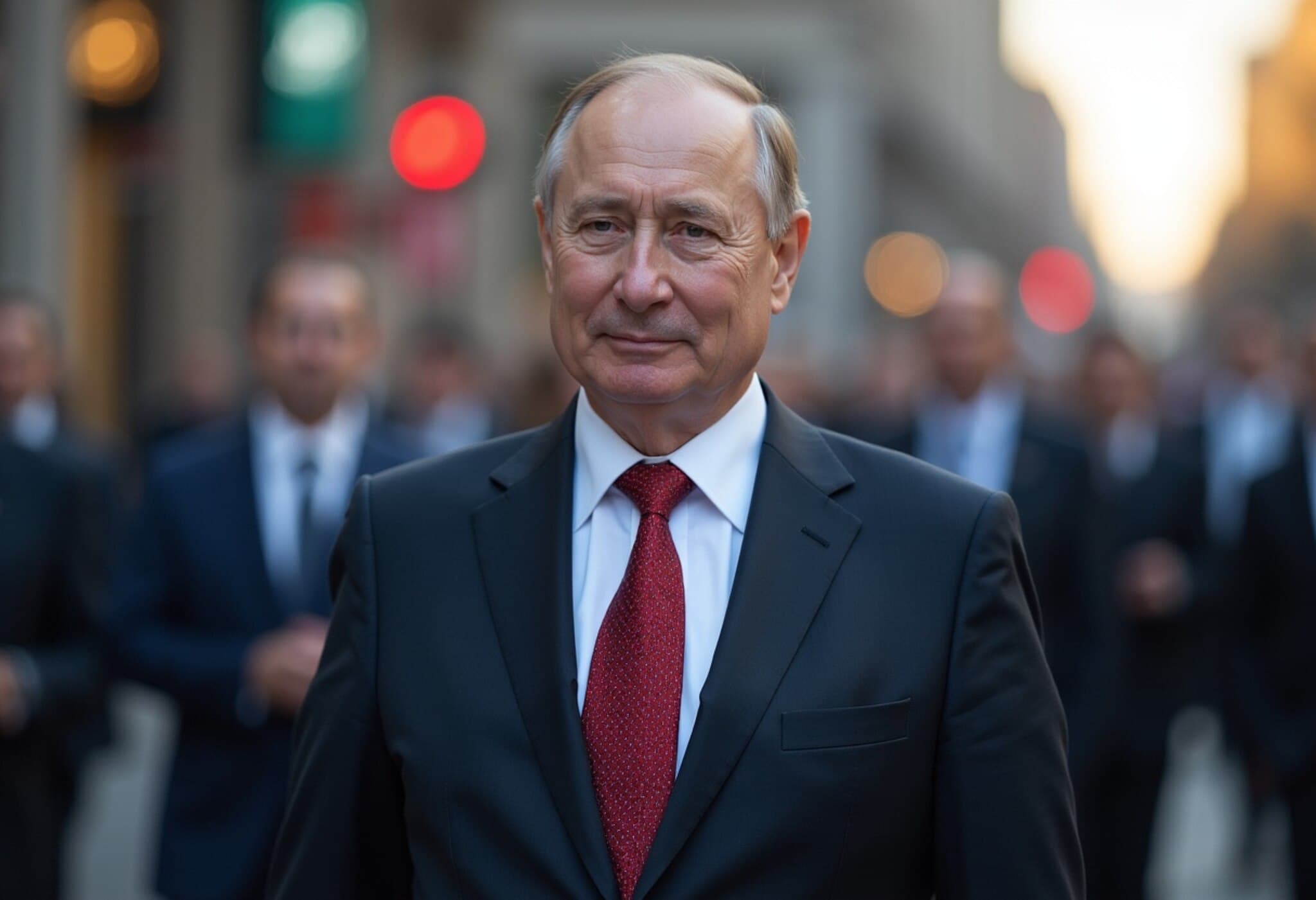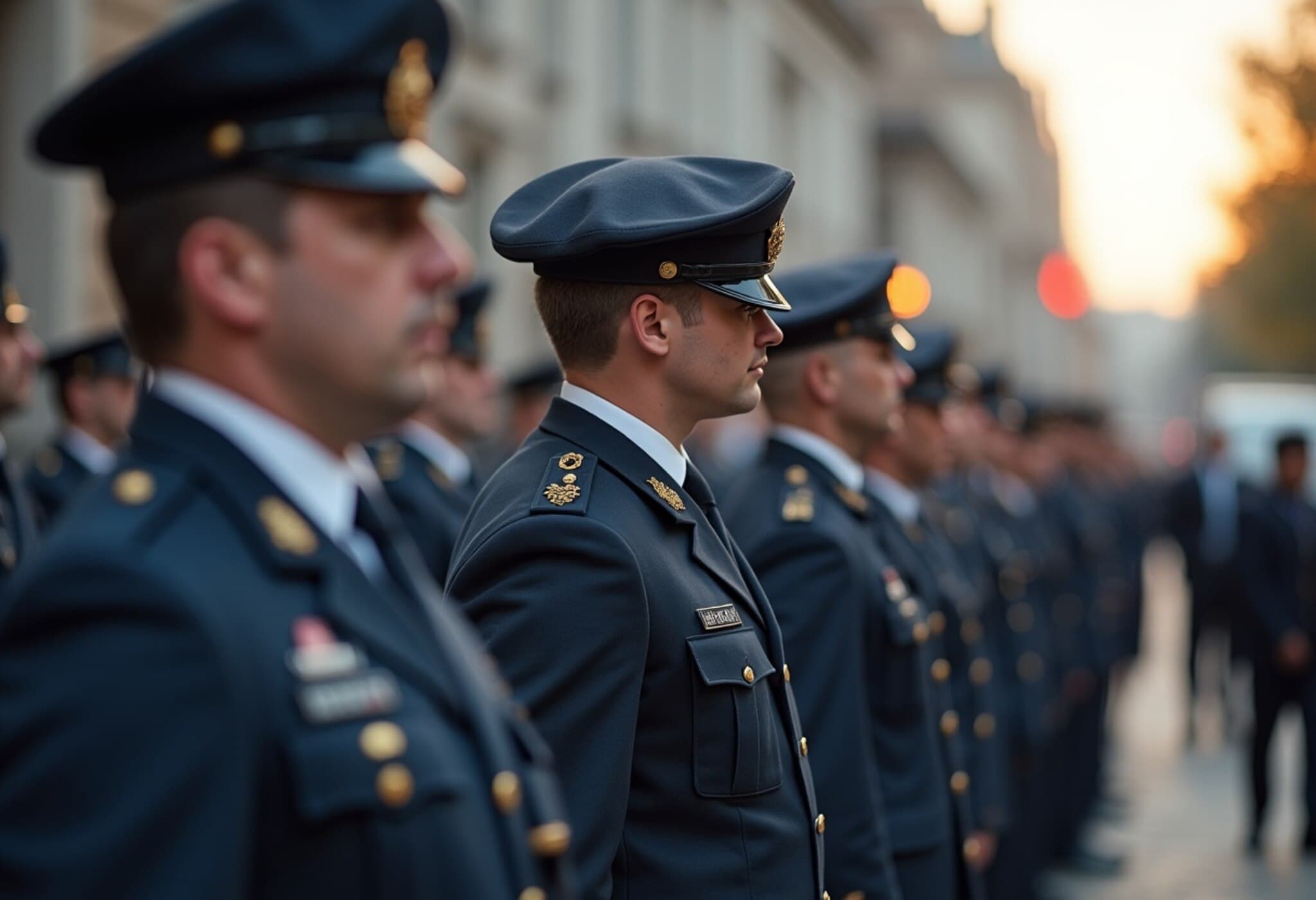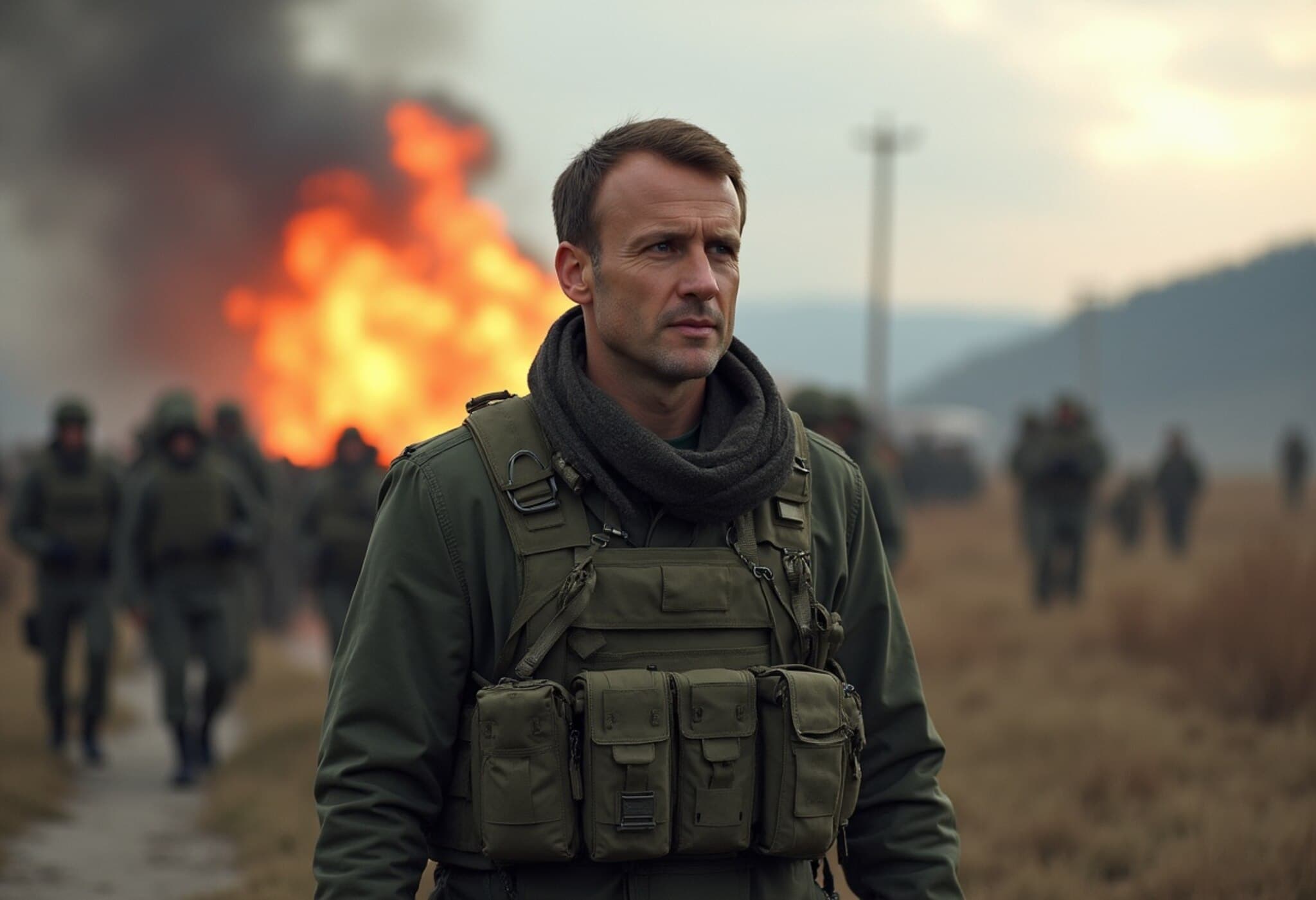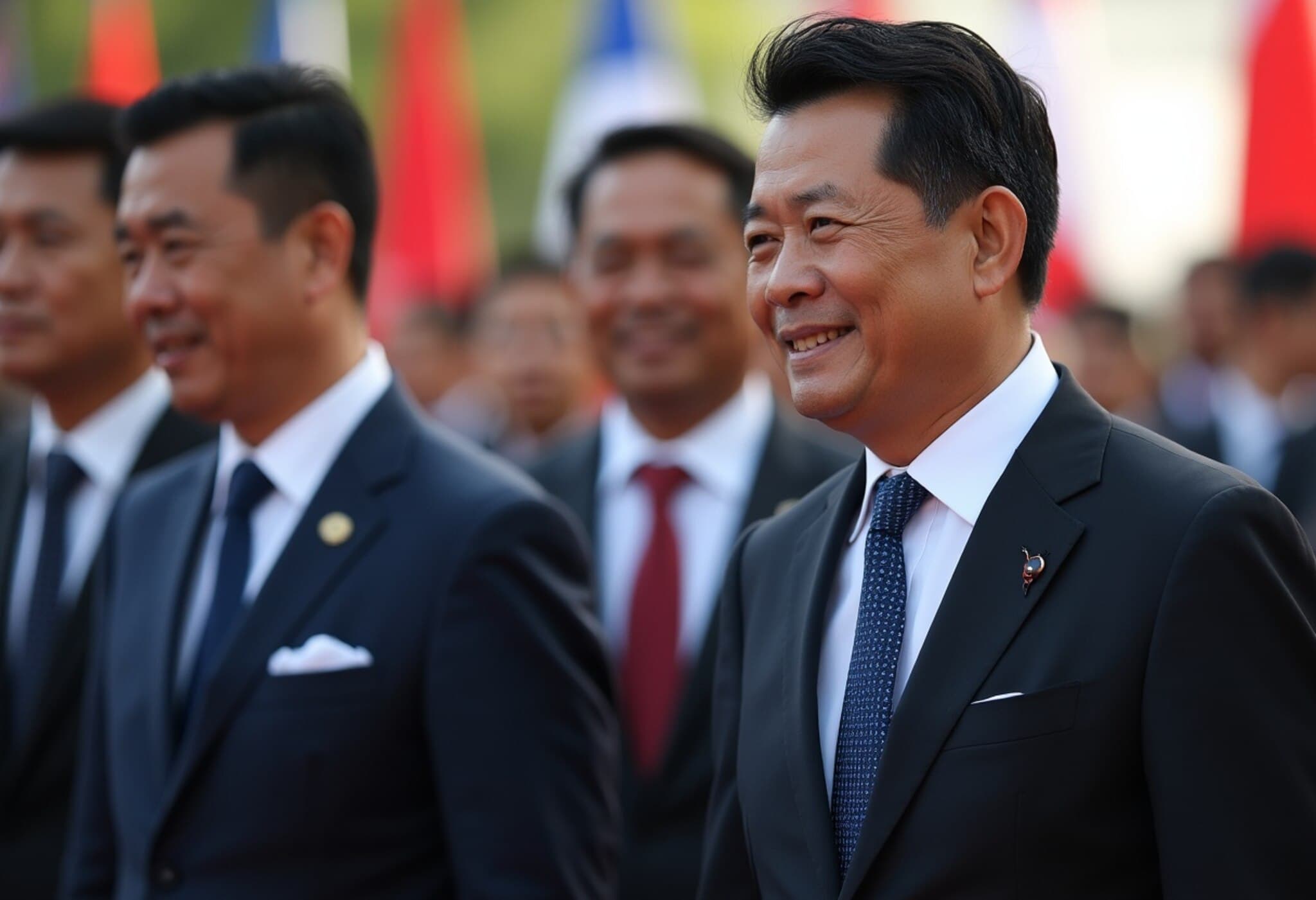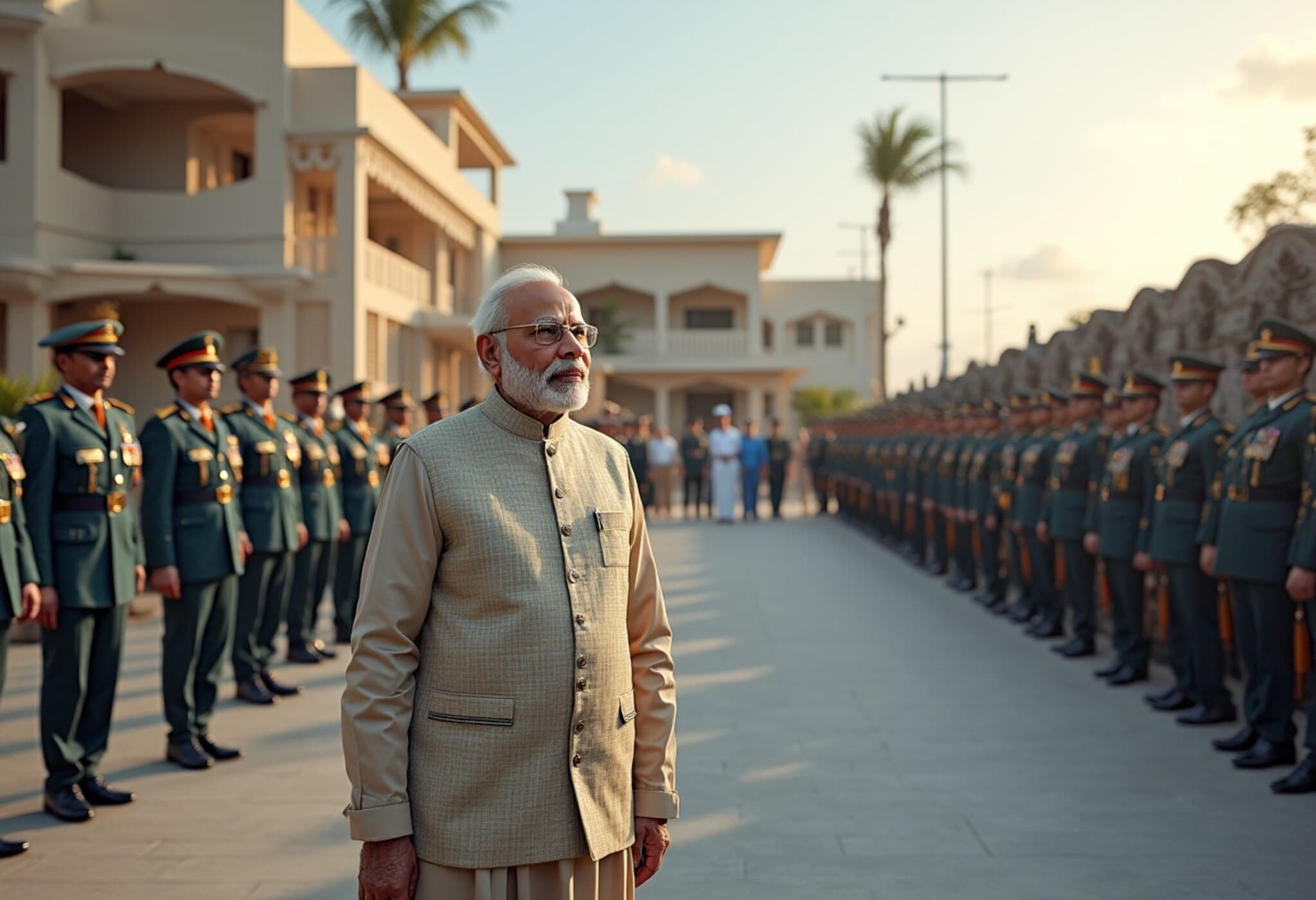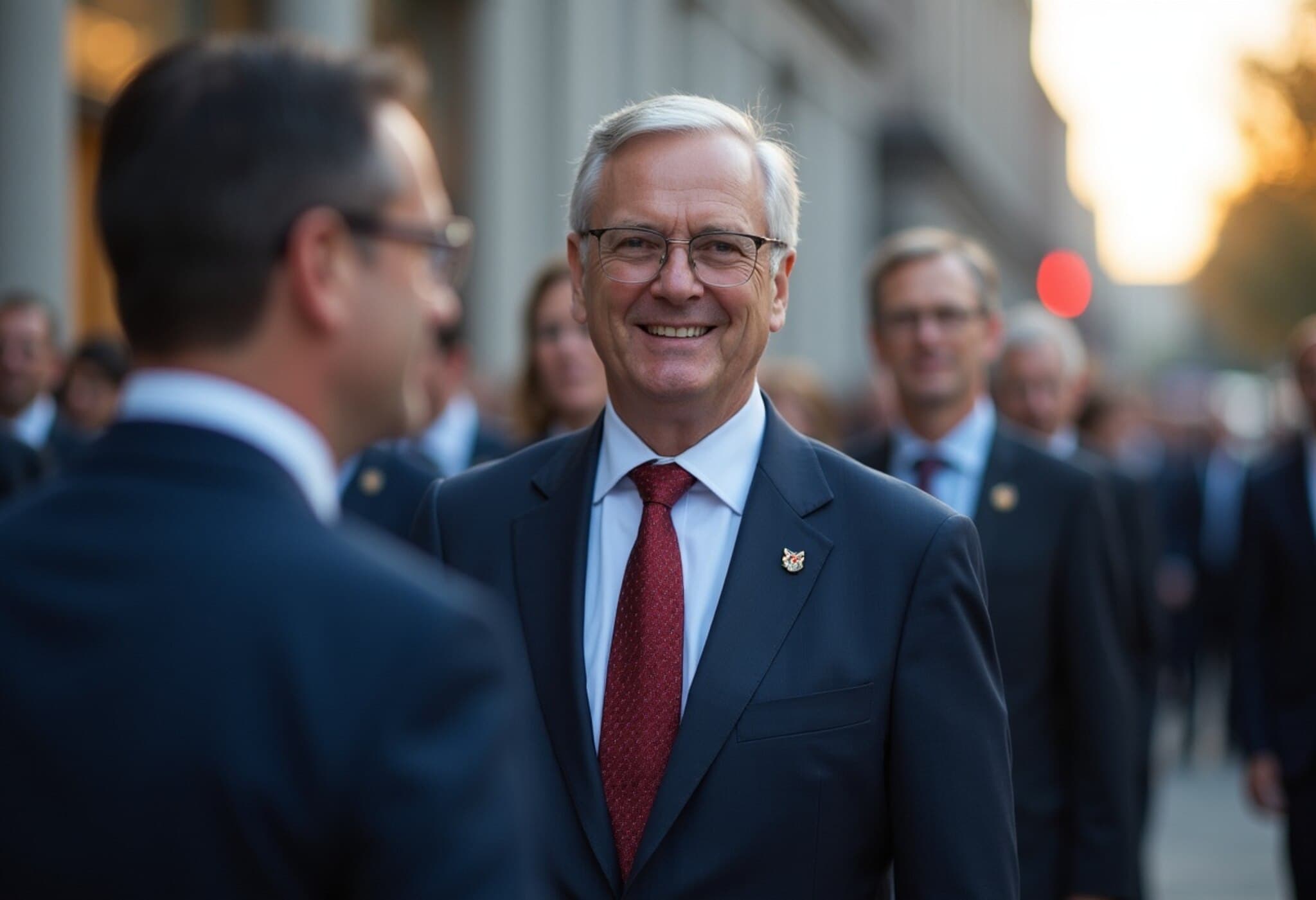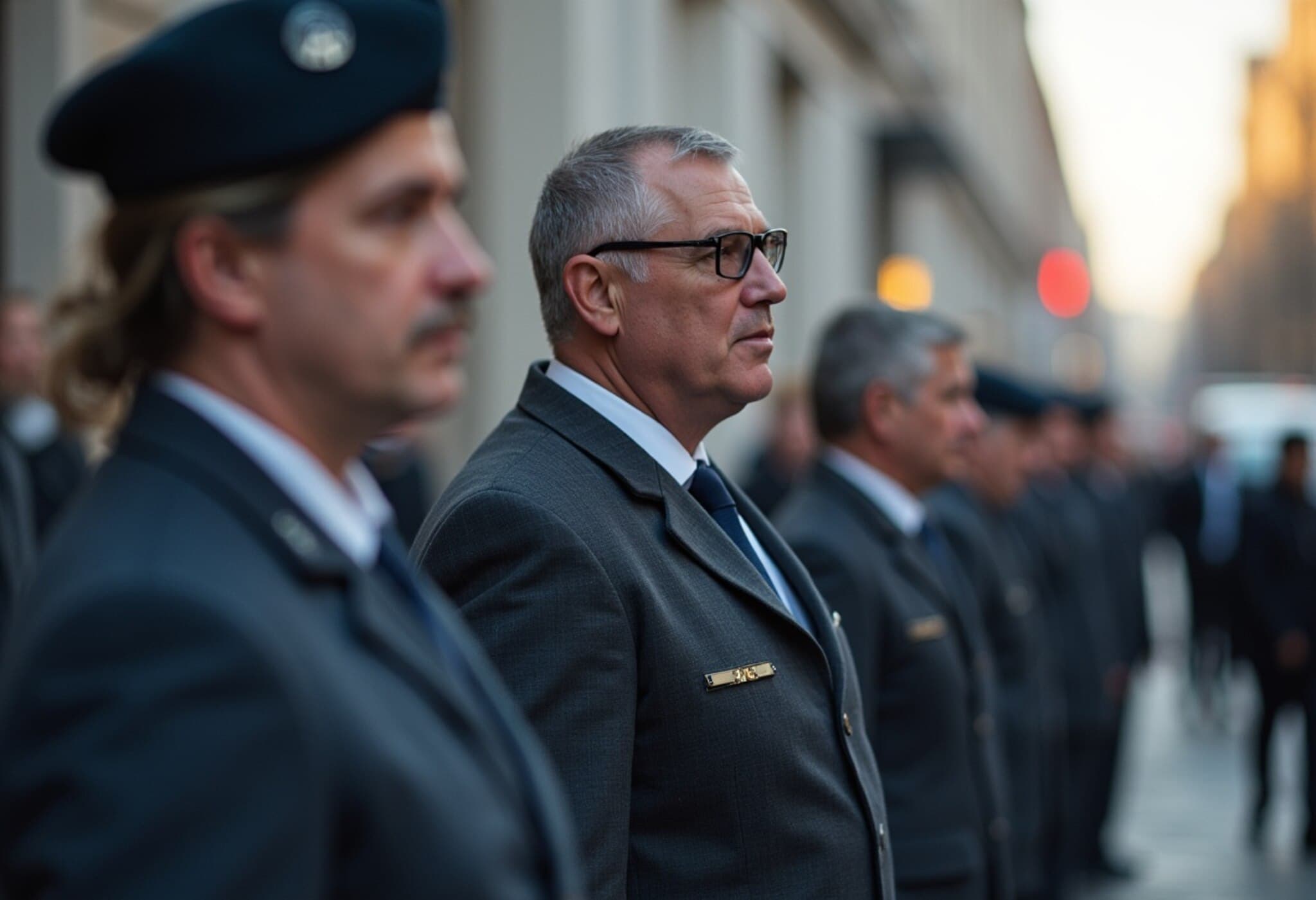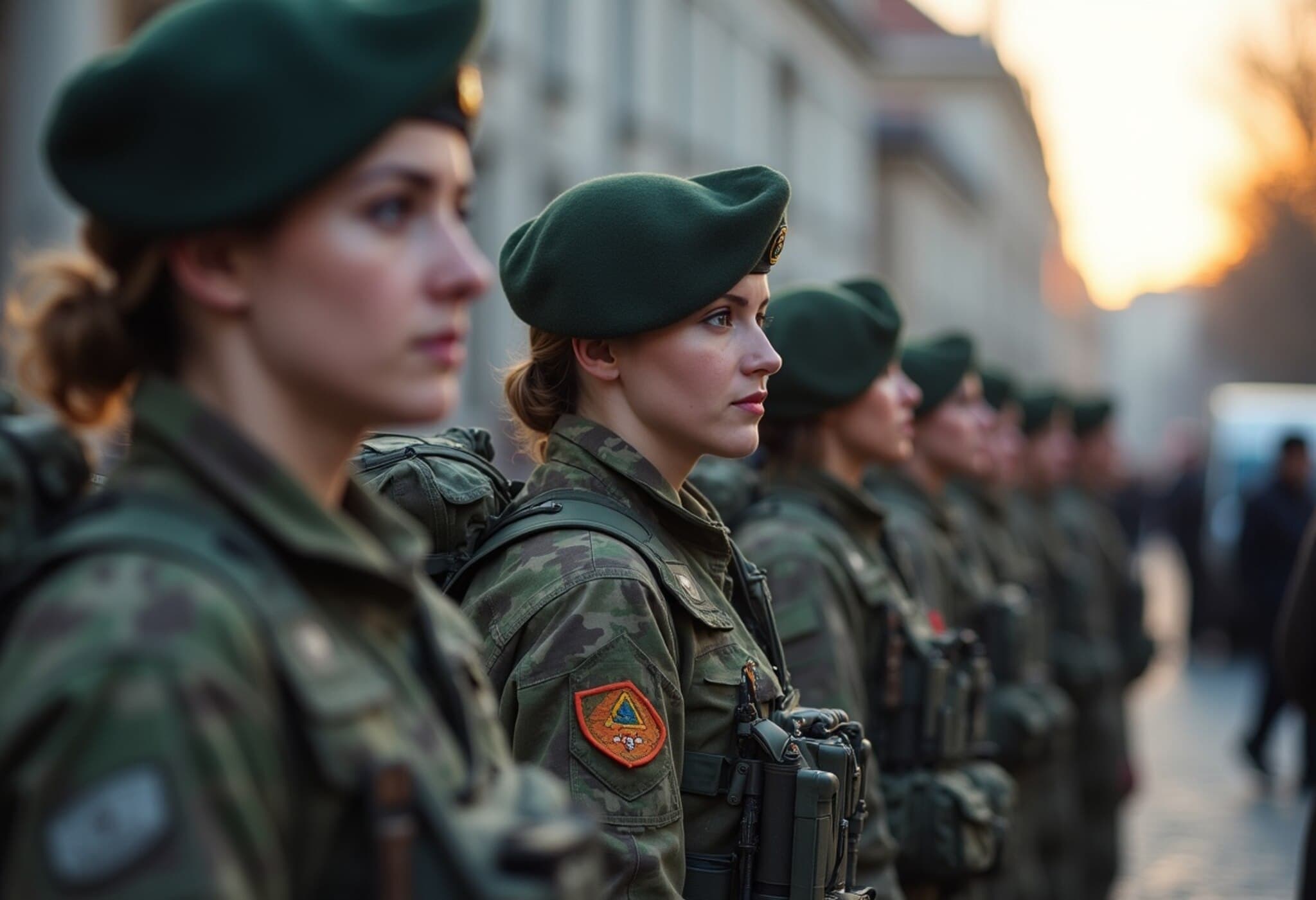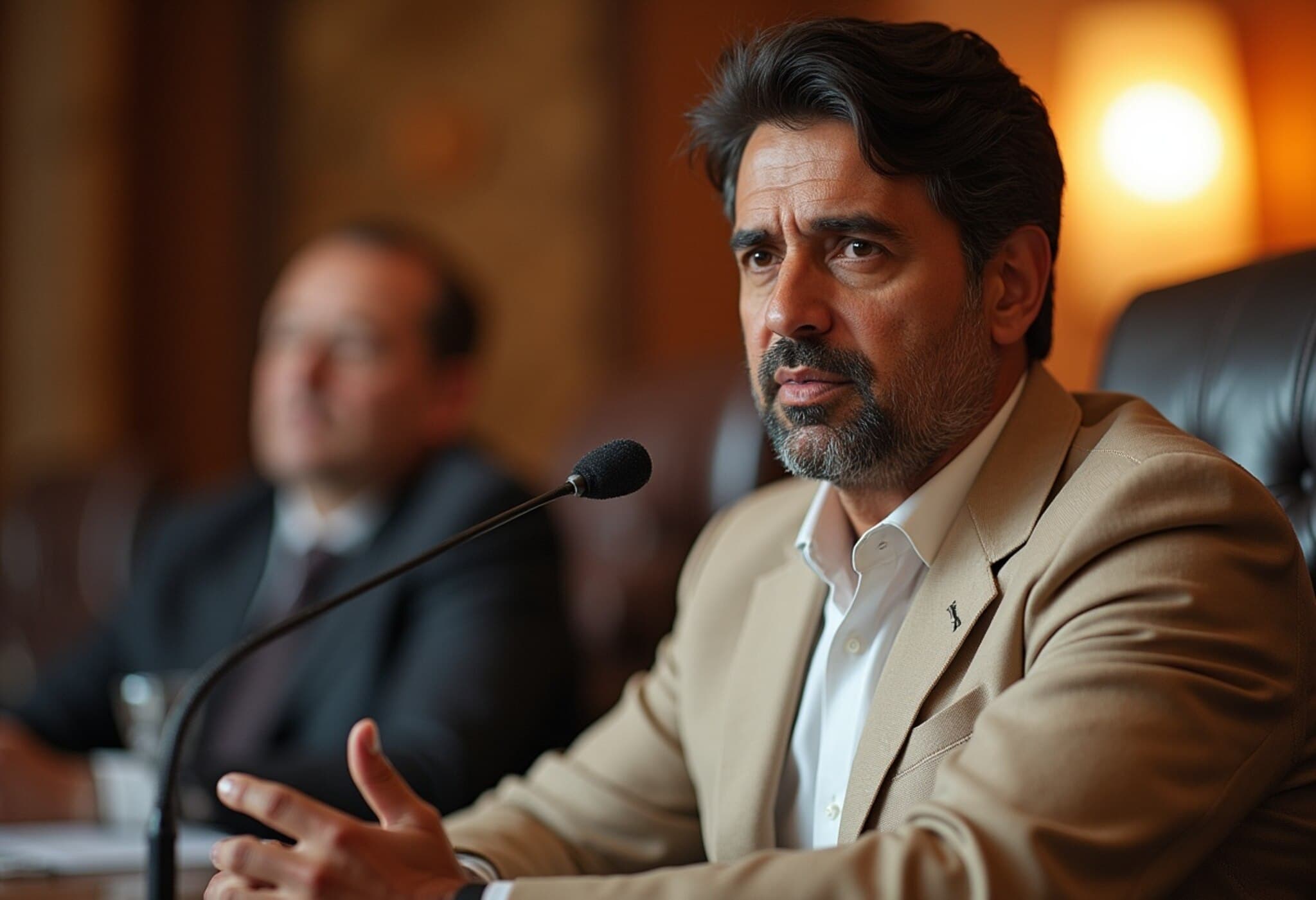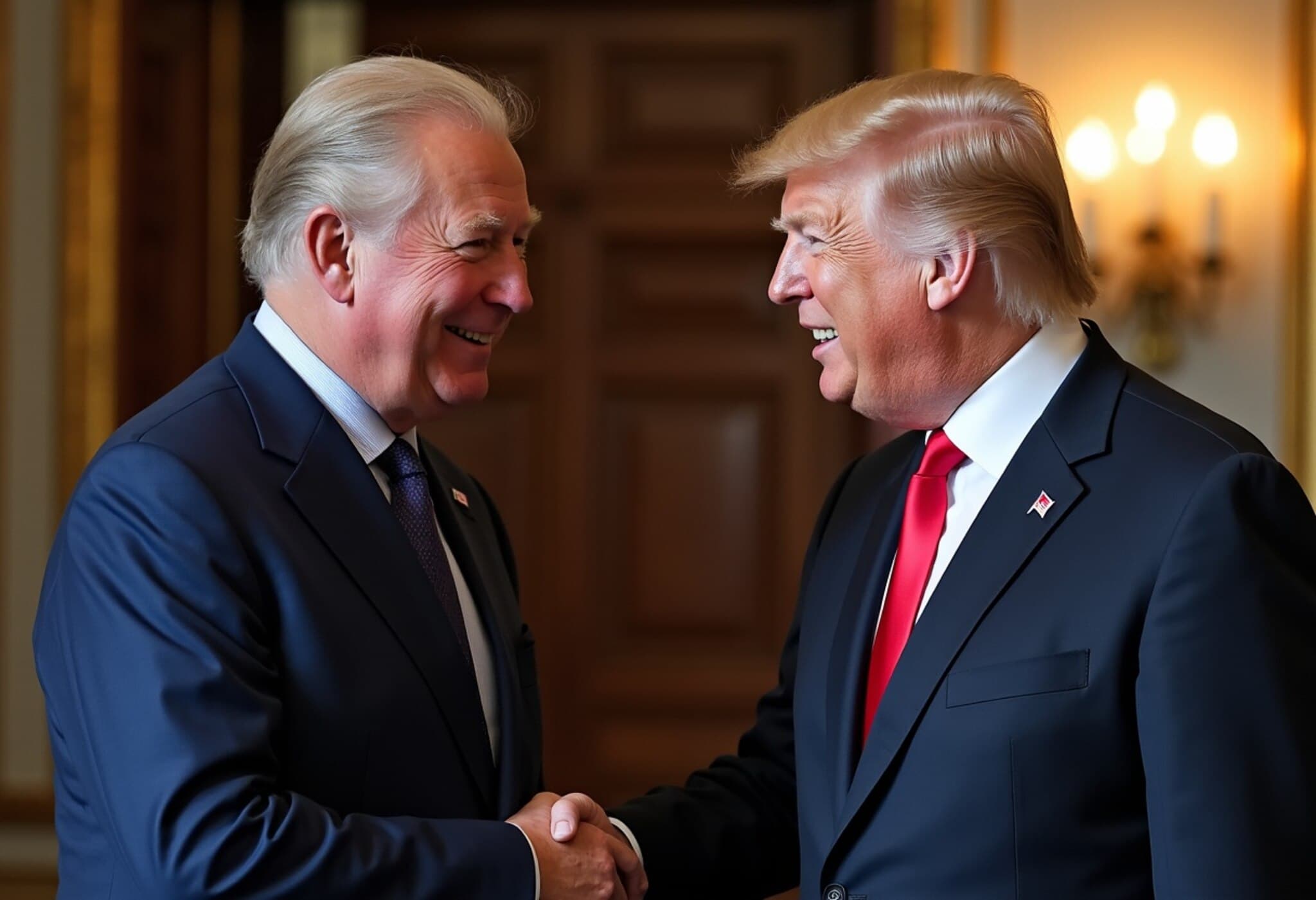NATO's Bold Defence Spending Pledge
At the recent summit in The Hague, NATO leaders have made a historic commitment to boost defence and security spending to 5% of their GDP by 2035. This significant pledge underscores the alliance's dedication to collective security amid evolving global challenges.
Details of the Defence Investment Plan
The declaration adopted by member states outlines that each country will submit annual plans detailing a credible and incremental approach to achieving this ambitious target. A comprehensive review of progress is scheduled for 2029 to ensure alignment with the alliance’s strategic objectives.
The 5% spending target comprises two key components:
- At least 3.5% of GDP dedicated to core defence capabilities and meeting NATO's Capability Targets.
- Up to 1.5% of GDP allocated to complementary areas such as critical infrastructure protection, cyber defence, civil resilience, innovation, and strengthening the defence industrial base.
Reaffirming Collective Defence and Unity
The declaration strongly reaffirms NATO's unwavering commitment to Article 5 of the Washington Treaty, emphasizing that an attack on one member is treated as an attack on all. Leaders expressed unity and determination to safeguard the freedom and democracy of over one billion citizens across the alliance.
Support for Ukraine Continues
NATO reiterates its steadfast support for Ukraine, highlighting that the country’s security is integral to the alliance's own safety. While the declaration carefully avoids explicitly condemning Russia, it recognizes the long-term threat posed by Russia to Euro-Atlantic security.
Fostering Defence Cooperation and Innovation
In addition to spending commitments, the alliance commits to expanding defence industrial cooperation across member countries. Efforts will focus on breaking down trade barriers and promoting innovation, especially in emerging technologies, to enhance collective security.
Looking Ahead
The summit concluded with NATO leaders expressing appreciation for the host nation and setting their sights on future meetings scheduled in Türkiye in 2026 and Albania thereafter. This continued dialogue will be critical as NATO navigates a rapidly shifting strategic landscape.

